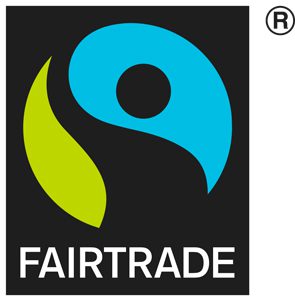
The Dole bananas sold in New Zealand have a sticker that says “Ethical Choice”. But new research from the Philippines, where these bananas are grown, shows the opposite. The report commissioned by Oxfam documents child labour, aerial spraying of toxic pesticides while workers are in the plantations and more.
Oxfam has asked Dole to do three things:
- Remove the “Ethical Choice” labels from their bananas
- Withdraw their attempt to trademark “Ethical Choice”
- Respond constructively to serious labour and environmental breaches in the Philippines
We are thrilled to report that Dole has agreed to the first two. They are discontinuing use of the “Ethical Choice” label. Congratulations on a great win! We are now working with Dole to address the issues raised in the report and ensure there are real improvements on Philippine banana plantations.
We are also happy to let you know that Foodstuffs (New World, PAK’nSAVE, Four Square) have heard your voices, they are engaging with Dole about conditions for banana workers, and they have agreed to look into other items in their stores so shoppers can be confident that producers in the developing world are getting a fair deal.
But we still need your help. Now is the time to get in touch with Countdown, thank them for the good things they are doing, and let them know you want to be sure that none of the products they sell are produced under the kind of conditions documented in this report.
2 minute action: social media
You can copy and paste this post onto Countdown’s Facebook page. Or even better, write your own!
Thanks for talking to your banana suppliers about the recent report highlighting shocking conditions on Philippine plantations where Dole bananas are grown. Although you’re not currently selling Dole bananas, I’m sure you agree that food in your stores shouldn’t be grown in a way that harms workers. And thank you for all the different Fairtrade products you stock. Because they’re independently verified, I trust they’re good for the producers. It would be great to see more in the store!
You can also add to the discussion by posting on Countdown’s YouTube channel.
5 minute action: phone your supermarket
Pick up the phone and call Countdown. Thank them for stocking the Fairtrade products they do – these are independently verified by a third party and you can be sure that they are not only good for you, they are also good for the growers. Finally, share your concerns about the conditions for workers who grow the rest of the food sold in the store.
- Countdown Customer Care Centre: 0800 40 40 40
10 minute action: speak to your supermarket manager
The next time you’re in a Countdown, ask to speak with the manager and tell them the points above. It is much harder to ignore a face-to-face request!
Let us know how you get on
We would love to know about the actions you have taken and any responses you have received – it helps us to measure the effectiveness of our campaigns. Please let us know how you got on by sending us a quick email at [email protected]
Remember … buy Fairtrade whenever you shop
Always remember to buy Fairtrade. Simply buying Fairtrade products sends a powerful message to the supermarkets that you support Fairtrade. Look for the Fairtrade Label whenever you shop.
And join us
Keep in touch so you can take action in future Oxfam campaigns. Sign up to became an active campaigner.




